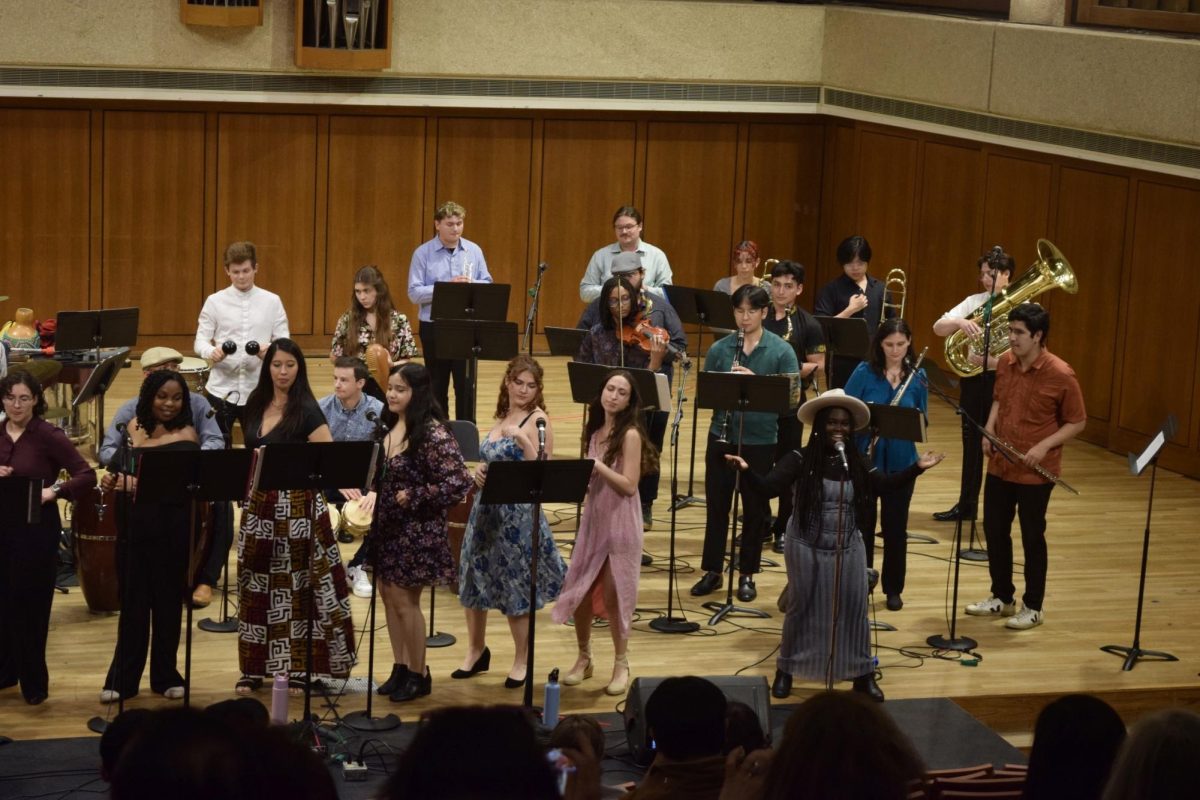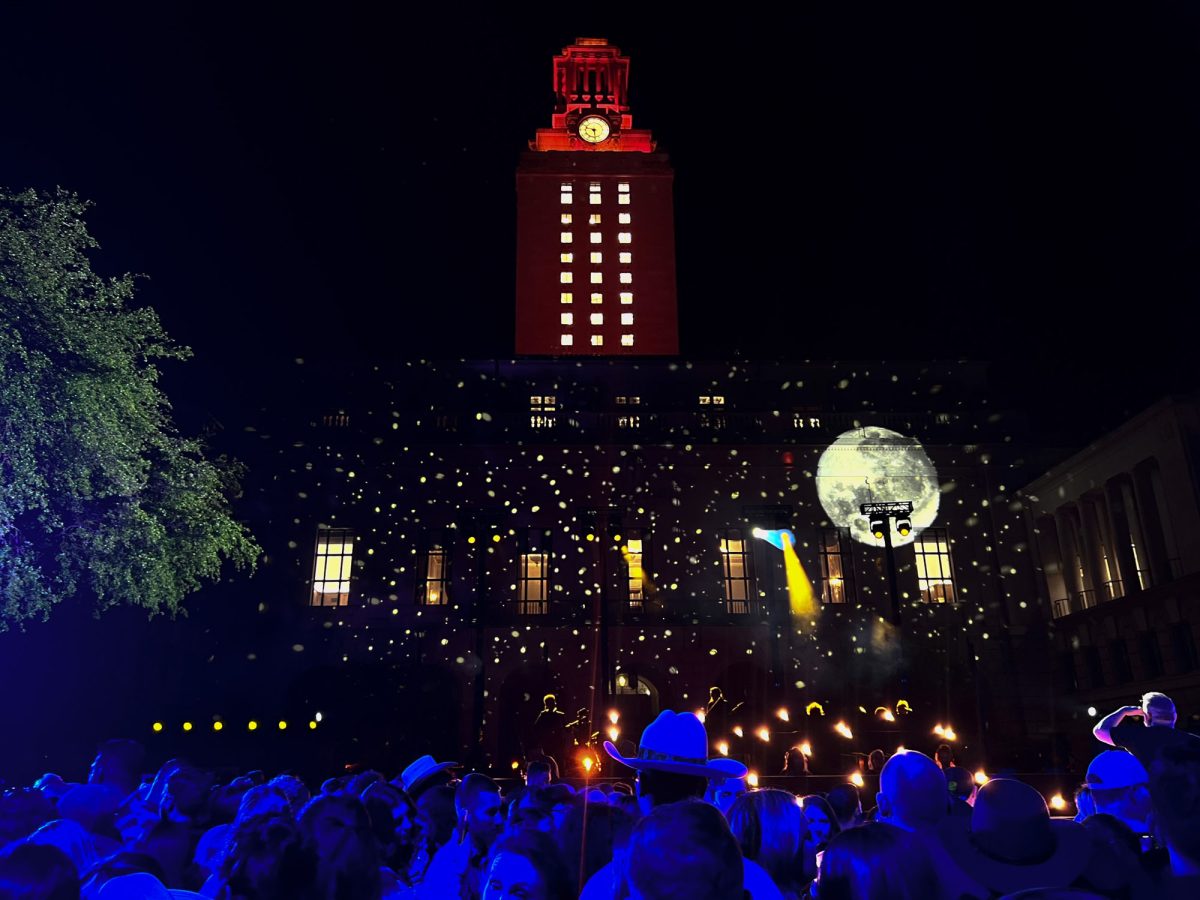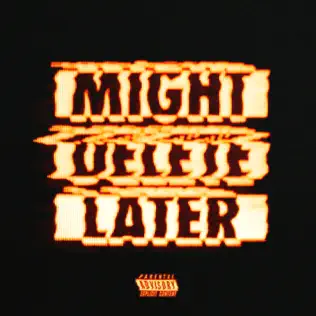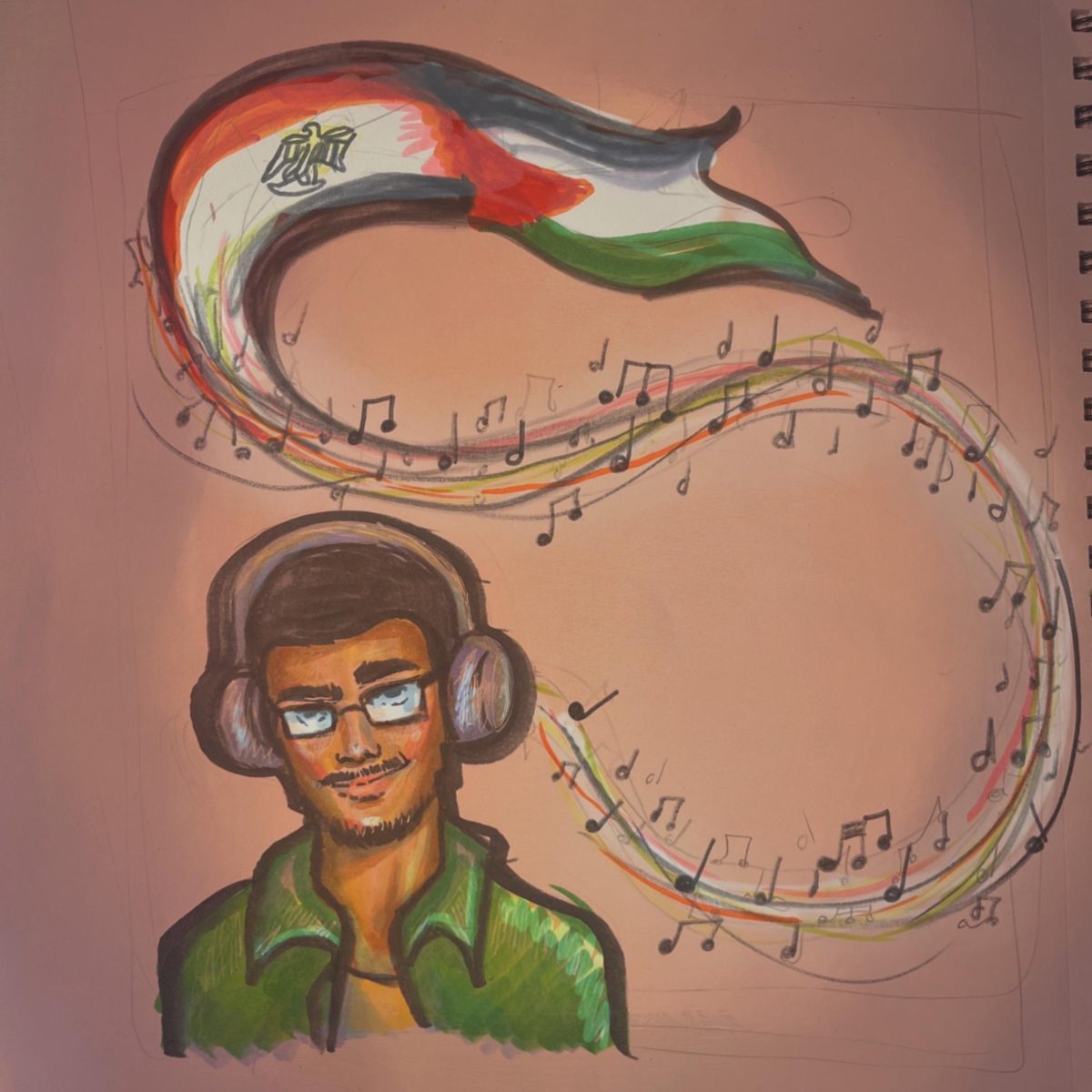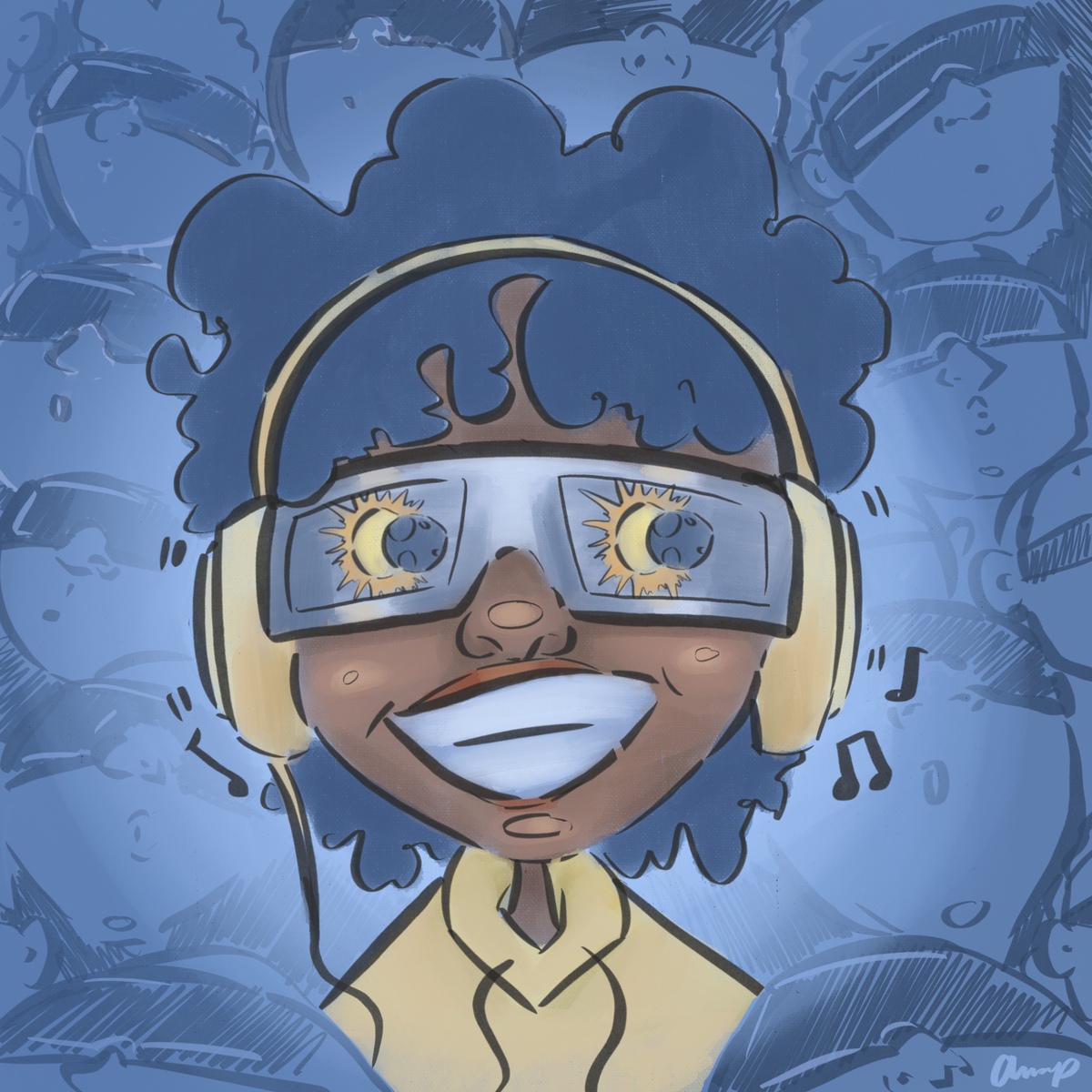The average hip-hop show has anywhere from two to three opening acts, likely composed of rappers with experience, selected to open because of their skills or popularity. Recently in Austin, though, a surge of shows have had anywhere from 10-15 rappers playing brief 10 minute sets. These artists get booked not because of talent, but because they paid the promoter hundreds of dollars to perform.
This practice, called pay-to-play, has become more widespread in the hip-hop community. Typically, the artist pays the promoter a flat fee for a guaranteed performance, usually priced in the hundreds. One website, Rocksx.com, offers registered members a guaranteed unofficial South By Southwest showcase opening slot for a flat $1,500 rate. In other pay-to-play scenarios, an artist is responsible for selling a certain amount of tickets for the show or reimbursing the promoters from their own pockets.
Members of Austin’s music community have been fighting back against this practice, which they view as exploitative. Leading the group is Jennifer Houlihan, executive director of Austin Music People, an advocacy organization that supports local musicians and other members of the local music scene. In early February, Houlihan and other supporters went to city hall to discuss the issue with the Austin Music Commission, a group of industry professionals who advise city council on music development issues. Their goal was to get the commission to issue a public statement that the practice was not endorsed or encouraged by the Austin music community.
“We never went in planning to ask for an ordinance or regulation changes,” Houlihan said. “We wanted to create a ‘buyer-beware’ situation so that when people go to a situation like that they really think carefully before they do it.”
Houlihan has been confronting this issue for about a year now but admitted that it was difficult at first due to the lack of artists involved who were willing to speak out against it.
“Nobody wanted to blow the whistle,” Houlihan said. “People were saying ‘I don’t want to be blacklisted. I don’t want to be seen as a troublemaker, or I don’t want to bite the hand that feeds.’”
The reason Houlihan believes that hip-hop artists are involved in pay-to-play shows is because rock bands often require training to learn an instrument.
“A lot of these kids taking advantage of pay-to-play are coming straight from their bedroom,” Houlihan said. “All you need is your voice and your mind, so, if hip-hop is calling you, it’s easier to start doing that.”
Houlihan said there are about four venues that come up often in stories regarding pay-to-play, including Red-Eyed Fly & Infest, the latter of which shut down at the end of January. At times, venues may not even know whether a show is pay-to-play.
“Sometimes the promoter does his whole thing and essentially rents the club for the night, so the manager may not even know that there’s pay-to-play show going on in the club,” Houlihan said.
Advocates against pay-to-play stress that there are other ways for young artists to get experience playing shows without setting themselves back hundreds of dollars. Austin rapper Adam Protextor, who goes by the stage name of P-tek, opposes pay-to-play because he said the artists don’t gain anything from participating in it.
“The only person who benefits is the promoter, who pockets the money,” Protextor said. “It all boils down to money.”
Artists who have participated in pay-to-play shows in the past are speaking out. Donovan Keith, a member of Austin funk band Soul Track Mind, explained that his band booked a pay-to-play show early in its career in order to get an opportunity to play an unnamed “big venue” in town. Keith said the practice can actually harm a band’s career.
“Someone in the crowd might be a huge local music promoter, and, if he sees you associated with this, or if you play a 15-minute set of garbage, that impression will stick with them for a long time and prevent you from getting future work,” Keith said.
Because there can be no legal or regulatory ramifications taken against this practice, most bands involved agree that the best way to combat pay-to-play is education.
“We just want to make sure that people are informed and make good choices,” Houlihan said. “We can’t get rid of it completely in Austin, but we can work to keep it to a dull roar.”









